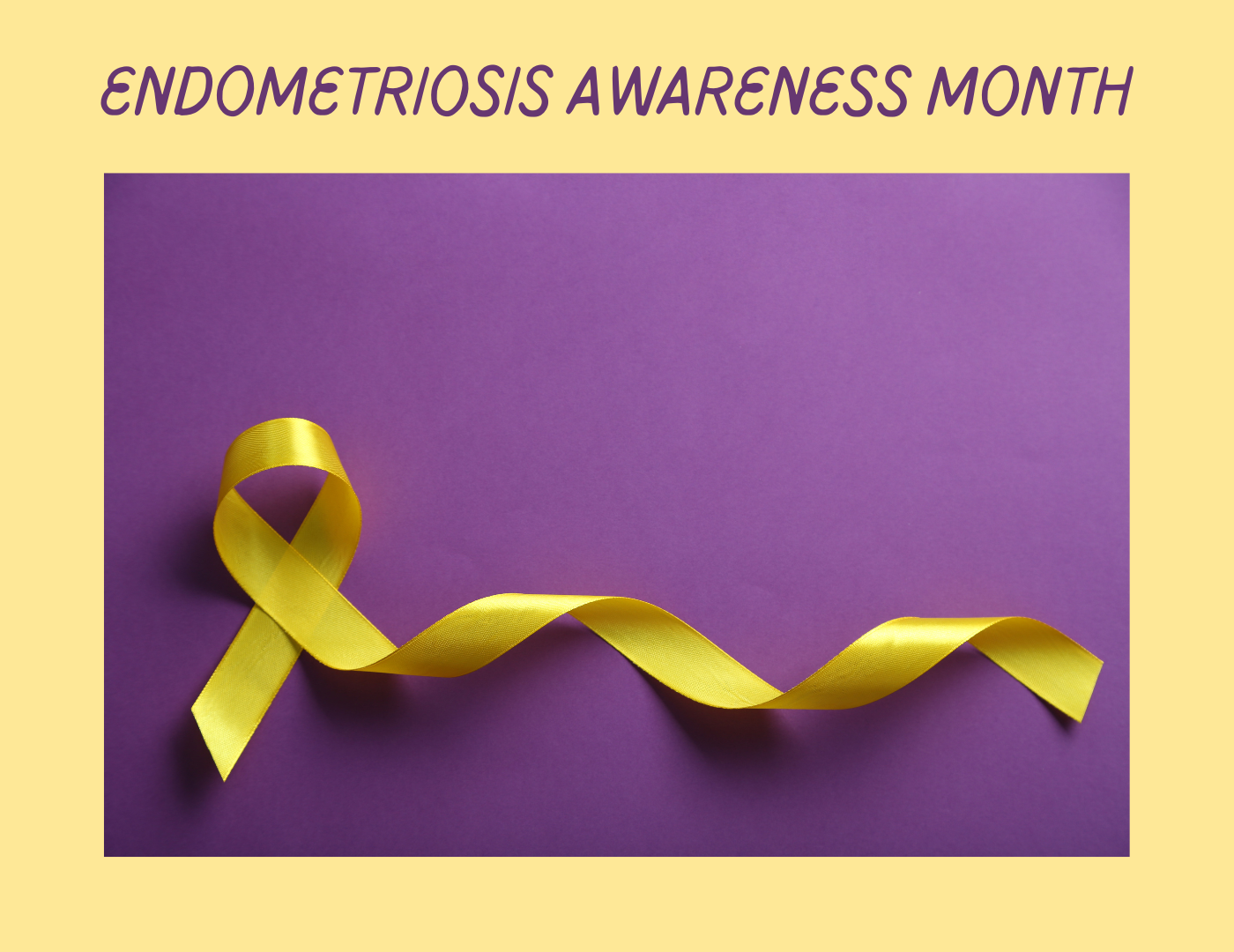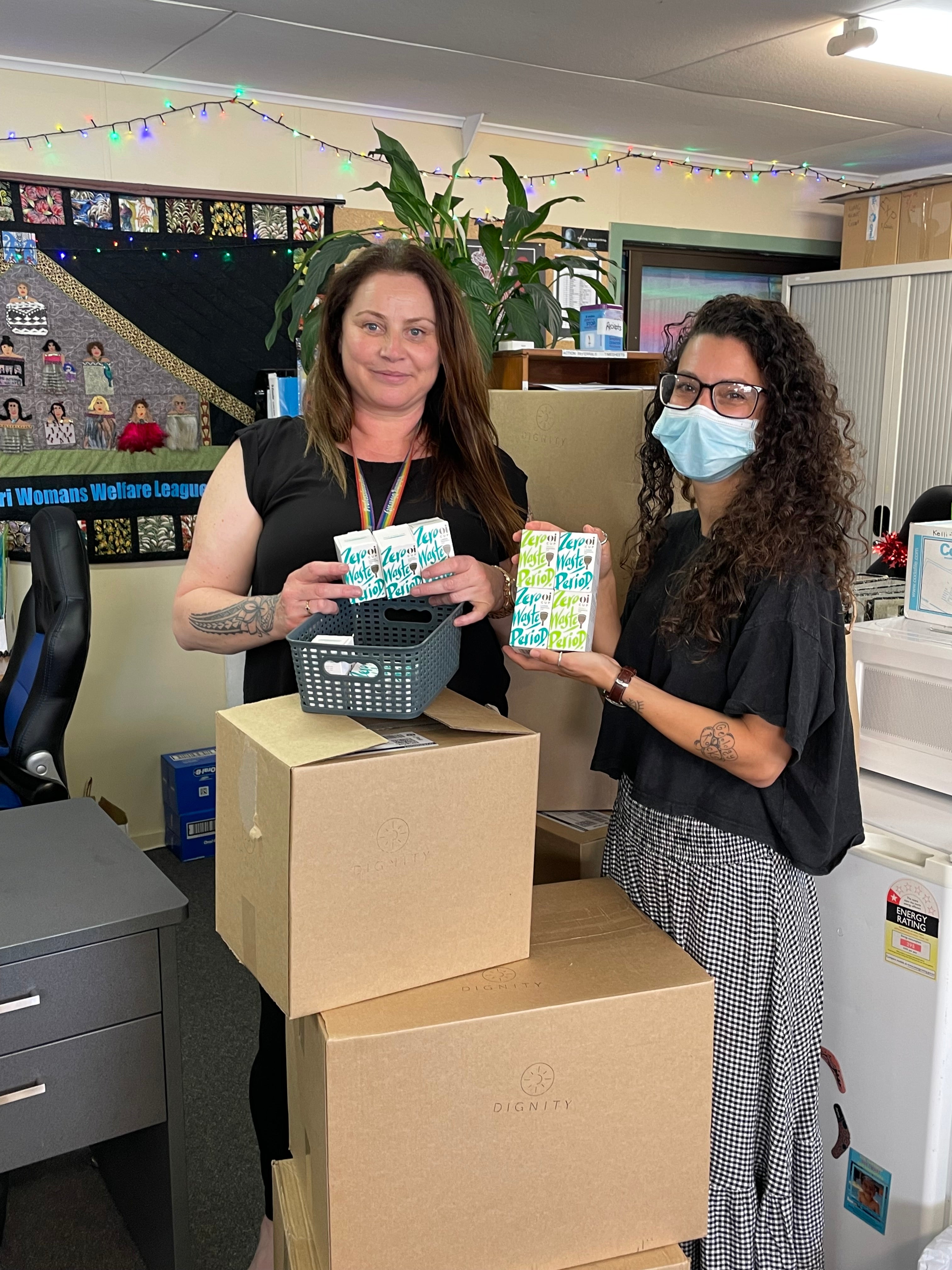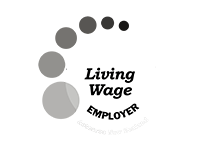March is International Endometriosis Awareness Month.
Endometriosis (kōpū whakatupu pūtautau) is an inflammatory disease in which the uterine lining, or endometrium, grows outside of the uterus. This usually involves the ovaries, fallopian tubes and the tissue lining the pelvis, but in some rare cases endometrial-like tissue can be found in other areas of the body, such as the bowels.
Endometriosis is estimated to affect 120,000 people of reproductive age with uteruses in New Zealand alone, and 176 million people worldwide (from: Endometriosis NZ).
It generally causes pain before and during a menstrual period, as well as chronic pelvic pain, or pain during sex. It can also cause other symptoms, potentially disrupting the sufferer’s everyday life.
Endometriosis may also cause irregular menstrual periods or bleeding between periods. This increases the chance of getting caught out at work, so having access to free period products in the workplace can help to better support people with endometriosis.
Endometriosis was first described by physician and pathologist Carl von Rokitansky in Vienna in 1860, and was later named endometriosis by Gynecologist John A. Sampson in 1925 (from: ScienceDirect).
Unfortunately, not much progress has been made since then.
Despite endometriosis being a common condition, research on it is still limited, and obtaining a diagnosis can be difficult. On average, it takes up to 8 years of doctor visits to get a diagnosis. Tests to check for physical clues of endometriosis include pelvic exams, ultrasounds, MRIs, and sometimes a surgical procedure called laparoscopy.
Endometriosis is an example of the bias we sometimes see towards women, where we sometimes hear of doctors being dismissive of symptoms. This can often lead to long and painful journeys with people often waiting years and talking to many specialists before finally getting a proper diagnosis.
Fortunately, organisations like Endometriosis New Zealand provide many useful resources on endometriosis, such as best practices for treatment and management, as well as where to turn to for emotional and practical support. If you would like to donate, get involved, or learn more about endometriosis, visit their website here.
Dignity also plays a role in supporting people with endometriosis by enabling workplaces to provide free period products to their employees for when they get caught out. Below are some of the things employees have said from companies that have Dignity in place:
“As an endometriosis sufferer, my period can be very difficult to manage and painful, and it impacts my daily life – so feeling supported in the workplace makes my life easier and is one less thing to worry about.”
PWC employee
“As an endometriosis sufferer it provides a great deal of comfort for me knowing that I'm covered in an emergency situation.”
Meridian employee
Endo Warriors Aotearoa is also an excellent resource to learn more about endometriosis. They advocate for better medical care support, fight period poverty, and they are also the first Endometriosis Charity in Aotearoa to be inclusive of all genders.
Endometriosis does not have to be a “silent epidemic.” Those who suffer from endometriosis should be empowered to receive a diagnosis sooner, take control of their condition, and feel heard.
💛









Leave a comment
This site is protected by hCaptcha and the hCaptcha Privacy Policy and Terms of Service apply.